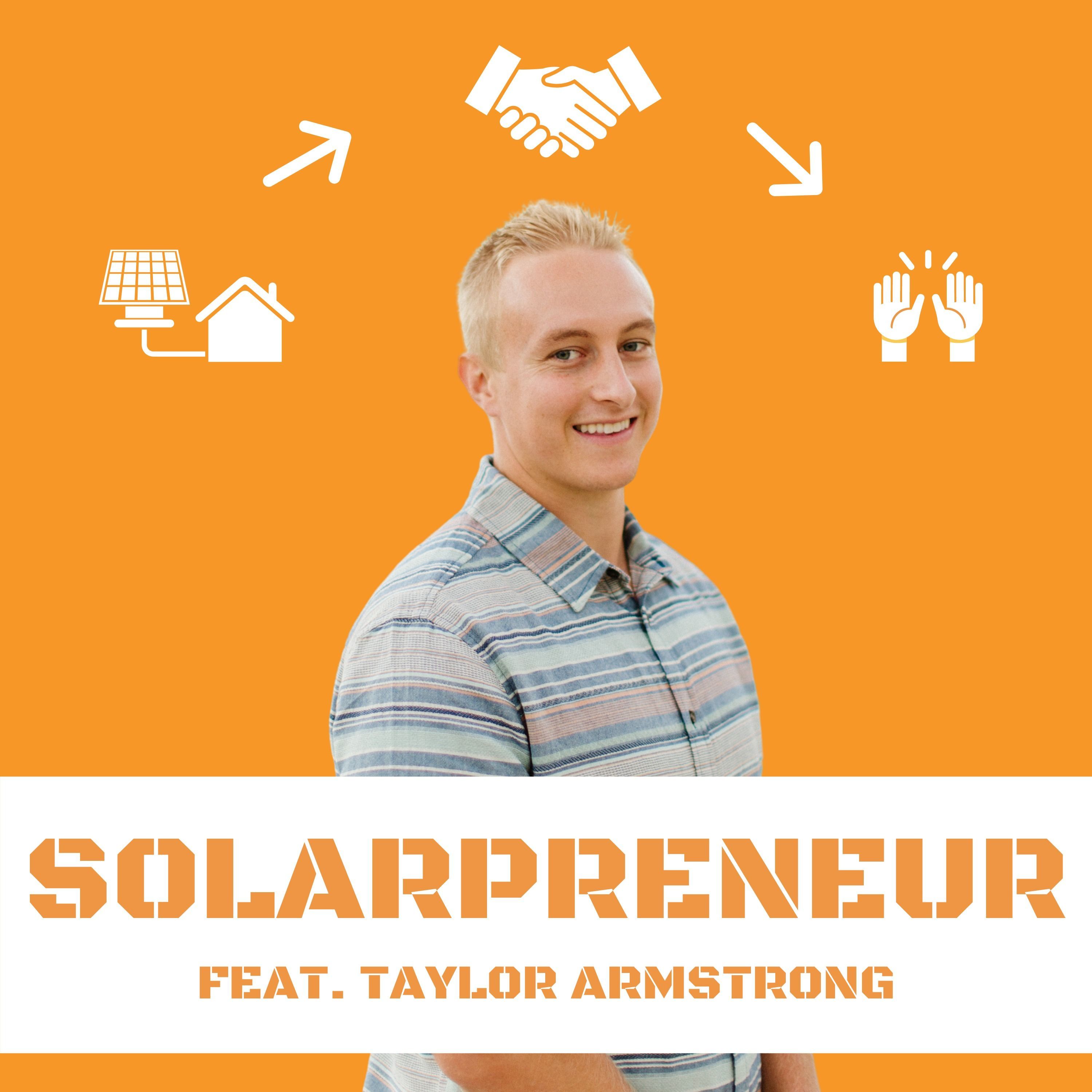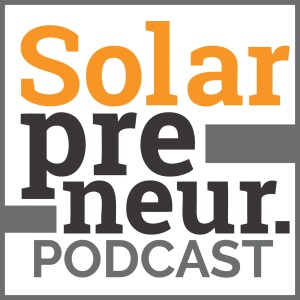
- Podcast Features
-
Monetization
-
Ads Marketplace
Join Ads Marketplace to earn through podcast sponsorships.
-
PodAds
Manage your ads with dynamic ad insertion capability.
-
Apple Podcasts Subscriptions Integration
Monetize with Apple Podcasts Subscriptions via Podbean.
-
Live Streaming
Earn rewards and recurring income from Fan Club membership.
-
Ads Marketplace
- Podbean App
-
Help and Support
-
Help Center
Get the answers and support you need.
-
Podbean Academy
Resources and guides to launch, grow, and monetize podcast.
-
Podbean Blog
Stay updated with the latest podcasting tips and trends.
-
What’s New
Check out our newest and recently released features!
-
Podcasting Smarter
Podcast interviews, best practices, and helpful tips.
-
Help Center
-
Popular Topics
-
How to Start a Podcast
The step-by-step guide to start your own podcast.
-
How to Start a Live Podcast
Create the best live podcast and engage your audience.
-
How to Monetize a Podcast
Tips on making the decision to monetize your podcast.
-
How to Promote Your Podcast
The best ways to get more eyes and ears on your podcast.
-
Podcast Advertising 101
Everything you need to know about podcast advertising.
-
Mobile Podcast Recording Guide
The ultimate guide to recording a podcast on your phone.
-
How to Use Group Recording
Steps to set up and use group recording in the Podbean app.
-
How to Start a Podcast
-
Podcasting
- Podcast Features
-
Monetization
-
Ads Marketplace
Join Ads Marketplace to earn through podcast sponsorships.
-
PodAds
Manage your ads with dynamic ad insertion capability.
-
Apple Podcasts Subscriptions Integration
Monetize with Apple Podcasts Subscriptions via Podbean.
-
Live Streaming
Earn rewards and recurring income from Fan Club membership.
-
Ads Marketplace
- Podbean App
- Advertisers
- Enterprise
- Pricing
-
Resources
-
Help and Support
-
Help Center
Get the answers and support you need.
-
Podbean Academy
Resources and guides to launch, grow, and monetize podcast.
-
Podbean Blog
Stay updated with the latest podcasting tips and trends.
-
What’s New
Check out our newest and recently released features!
-
Podcasting Smarter
Podcast interviews, best practices, and helpful tips.
-
Help Center
-
Popular Topics
-
How to Start a Podcast
The step-by-step guide to start your own podcast.
-
How to Start a Live Podcast
Create the best live podcast and engage your audience.
-
How to Monetize a Podcast
Tips on making the decision to monetize your podcast.
-
How to Promote Your Podcast
The best ways to get more eyes and ears on your podcast.
-
Podcast Advertising 101
Everything you need to know about podcast advertising.
-
Mobile Podcast Recording Guide
The ultimate guide to recording a podcast on your phone.
-
How to Use Group Recording
Steps to set up and use group recording in the Podbean app.
-
How to Start a Podcast
-
Help and Support
- Discover

Secrets to Creating a Winning Culture from a Solar Consultant - Sam Taggart
Tune in now and don't forget to sign up for www.solciety.co!
Speaker 1 (00:03):
Welcome to the Solarpreneur podcast, where we teach you to take your solar business to the next level. My name is Taylor Armstrong and went from $50 in my bank account and struggling for groceries to closing 150 deals in a year and cracking the code on why sales reps fail. I teach you to avoid the mistakes I made and bringing the top solar dogs, the industry to let you in on the secrets of generating more leads, falling up like a pro and closing more deals. What is a Solarpreneur you might ask a Solarpreneur is a new breed of solar pro that is willing to do whatever it takes to achieve mastery. And you are about to become what's up.
Speaker 2 (00:44):
We're back with another episode, we got familiar face on the show. If you've been a time listener, you have probably heard the episode with the man, the myth, the legend to Sam Taggart. And we're fortunate enough today to have him back on the show. So Sam, thanks for coming back. Once again, he must be doing something right for you to agree to come on the show again. No, I'm, I'm excited to hear, to spread the love, you know? Yeah. Well, you're doing awesome things, man. And, um, I'm just happy that you pull off a door to, to work on steel during COVID. I thought it was going to be canceled, but you were like the only events that I saw even still happens. I'm like, dang, she pulled this off. I better get to it. Yeah, it was, it was, we had to move venues two weeks before like really I was literally pulled out from under us and they're like, Hey, we're not gonna, we're not gonna be able to load your event.
Speaker 2 (01:33):
I'm like, Oh, what do you want me to do? Call like 600 people and just tell them, Hey, we're moving. Like not doing it. Like, like, what do you want me to do? So I'm like me and me door knock. And Sam, I just go start knocking on venues. I'm like, how about deer? How about here? How about here? And I just started calling. There's not a ton of options in Utah with like to fit that many people and vendors. And it was hard, but, uh, yeah. So, but yeah, kudos. You've pulled it off. I'm just, I was, I was sad that David Goggins didn't want to come anymore, get seatbelt. He got scared of COVID dude. Like he literally was like, Oh, I'm just nervous to travel with Kona. And I was like, you can't hurt me. What dad is doc. They're like, no iron cowboy. And he's doing his hundred Ironman right now in a hundred days. And there's anybody that James Lawrence was like, yeah, David Goggins a. And I was like, anybody can say that you got some balls to shake. I'll shut my mouth. They'll beat my, I thought it was funny that John Maxwell comes and he's like, what? 70, 80 years old? I literally tell John Maxwell. I was like, Hey, I was so shocked that you came David Goggins Belden. And John Maxor goes, Oh, COVID, it's a joke. It's not real.
Speaker 2 (02:54):
I was like, Oh, it's not even real. That's awesome. I didn't know.
Speaker 3 (03:01):
But he was so cool. I have so much more respect for Maxwell. Like just how he showed up and like just who he is. I mean, I'm excited. I'm excited for this next year. We're we're vetting some speakers right now. I'm not going to say, but, um, we're open to suggestions too. So if anybody's listening to this, like I'm friends with Mark Cuban, I'd be like, yes. So I am throwing that out to the universe. Um, so connect me if you guys know of any good keynotes, so,
Speaker 2 (03:33):
Okay, good, good. Oh, cool. Um, so hopefully you should all know who Sam is, but I guess if you don't, I mean, he's the door to door master. He's started door to door expe
More Episodes
 2026-02-20
2026-02-20
 2026-02-17
2026-02-17
 2026-02-06
2026-02-06
 2026-02-03
2026-02-03
 2026-01-30
2026-01-30
 2026-01-23
2026-01-23
 2026-01-09
2026-01-09
 2026-01-06
2026-01-06
 2026-01-02
2026-01-02
 2025-12-19
2025-12-19
 2025-12-16
2025-12-16
Create your
podcast in
minutes
- Full-featured podcast site
- Unlimited storage and bandwidth
- Comprehensive podcast stats
- Distribute to Apple Podcasts, Spotify, and more
- Make money with your podcast
It is Free
- Privacy Policy
- Cookie Policy
- Terms of Use
- Consent Preferences
- Copyright © 2015-2026 Podbean.com




